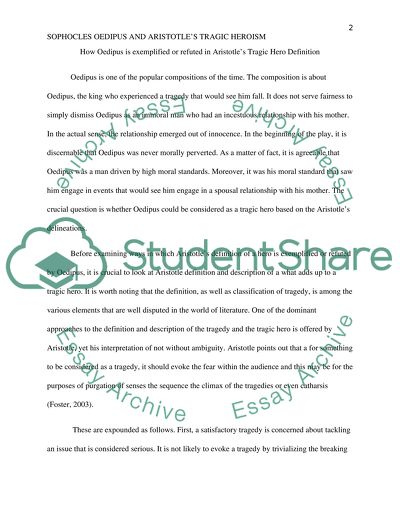Cite this document
(“Drama play Research Paper Example | Topics and Well Written Essays - 1000 words”, n.d.)
Drama play Research Paper Example | Topics and Well Written Essays - 1000 words. Retrieved from https://studentshare.org/psychology/1611266-drama-play
Drama play Research Paper Example | Topics and Well Written Essays - 1000 words. Retrieved from https://studentshare.org/psychology/1611266-drama-play
(Drama Play Research Paper Example | Topics and Well Written Essays - 1000 Words)
Drama Play Research Paper Example | Topics and Well Written Essays - 1000 Words. https://studentshare.org/psychology/1611266-drama-play.
Drama Play Research Paper Example | Topics and Well Written Essays - 1000 Words. https://studentshare.org/psychology/1611266-drama-play.
“Drama Play Research Paper Example | Topics and Well Written Essays - 1000 Words”, n.d. https://studentshare.org/psychology/1611266-drama-play.


